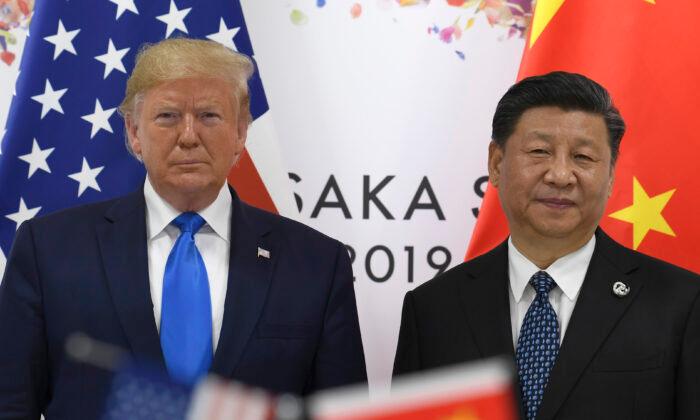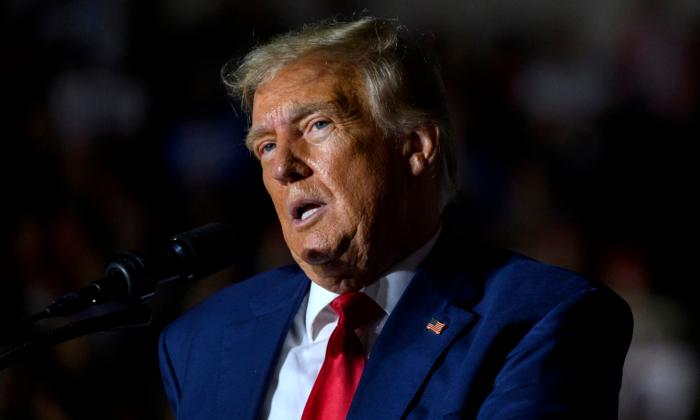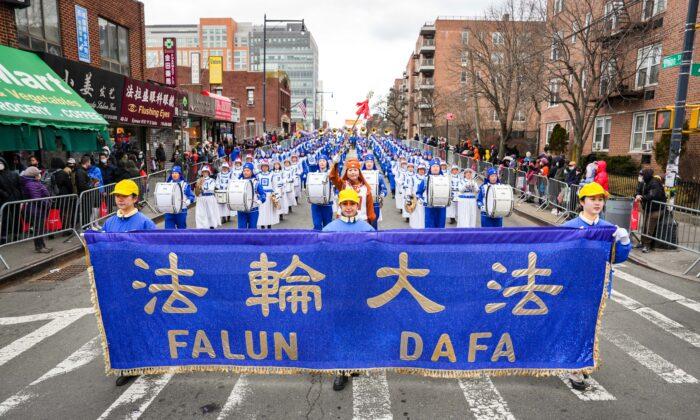The United States is escalating efforts to counter the Chinese regime in response to its malign actions during the pandemic and now, over Hong Kong.
Over the past few months, the Trump administration has vociferously demanded that the regime be held accountable for its coverup of the CCP virus outbreak. It has also enacted measures targeting threats stemming from Beijing, ranging from intellectual property (IP) theft to security risks posed by Chinese telecom giant Huawei.
“I think it’s clear that the United States is very rapidly moving to essentially declaring China an enemy,” Harry J. Kazianis, a national security expert at the Washington-based think tank Center for the National Interest, told The Epoch Times.
Frank Gaffney, vice chairman of the advocacy group Committee on the Present Danger: China, told The Epoch Times that Trump’s remarks were “the most articulate public statement by a president of the United States about the danger of the Chinese Communist Party” that he had heard in his lifetime.
Gaffney said the speech was “epic” in its “depiction of an enemy of the United States that is pursuing—not just rhetorically but in a comprehensive way—our destruction.”
That day, Trump also announced the United States’ formal withdrawal from the WHO, the barring of Chinese graduate students tied to the Chinese military, and a review into Chinese companies listed on U.S. stock exchanges.
While the speech signaled a tougher approach towards Beijing, it was also a continuation of the administration’s China policy, which has hardened since the “high point” of relations when Trump met Chinese leader Xi Jinping at the Mar-a-Lago resort in 2017, said June Teufel Dreyer, a political science professor at the University of Miami.
The “final catalyst” for the administration was “the combination of concealing the lethal nature of the coronavirus plus Beijing’s reneging on its promises to Hong Kong, with horrific stories coming out of Xinjiang,” Dreyer said in an email, referring to Beijing’s suppression of Uyghurs and other Muslim minorities in the northwestern region of Xinjiang.
Some U.S. lawmakers and observers describe the current state of U.S.-China relations as a return to “cold war”-style tensions. But Gaffney said this descriptor was misleading because the communist regime had been waging “unrestricted warfare” on America for decades.
Economic Distancing
Trump last week directed a presidential working group on financial markets to suggest actions within 60 days to crack down on Chinese companies listed on U.S. stock exchanges that fail to comply with U.S. accounting rules.The Chinese regime has blocked U.S. regulators from inspecting the audit work papers of Chinese companies, saying that they contain “state secrets.”
Gaffney said it was critical that the United States “stop underwriting the Chinese Communist Party.”
We need to “ensure that the Chinese Communist Party no longer is able to count on our financing for the myriad ways in which they’re waging war against us,” he said.
Kazianis said that if Trump wins re-election, we would not only expect to see more action to decouple from China, but also an education campaign aimed at explaining to the American public why reducing U.S. supply chain reliance on China is necessary.
Human Rights
Joseph Bosco, former China country director of the office of the Secretary of Defense, said the administration should place human rights issues on the table when dealing with the regime.The former official said Washington should also launch a campaign to broadcast into China and Hong Kong information about “Beijing’s constant and escalating violations of human rights, its threatening and aggressive behavior to China’s neighbors including Taiwan, and its lawless and irresponsible conduct in enabling the release of the pandemic from Wuhan to the world.”
On the Chinese side, the regime is coming to accept the shift in U.S. opinion, Kazianis said.
Beijing understands that “this administration and by and large, the academic community in Washington, China scholars, and now I think the American people, have really awoken to the fact that China has done a lot of things to designate itself as an enemy of the United States,” he said.
The Chinese regime is likely “the greatest threat Washington faces since the Soviet Union,” he added.






Friends Read Free